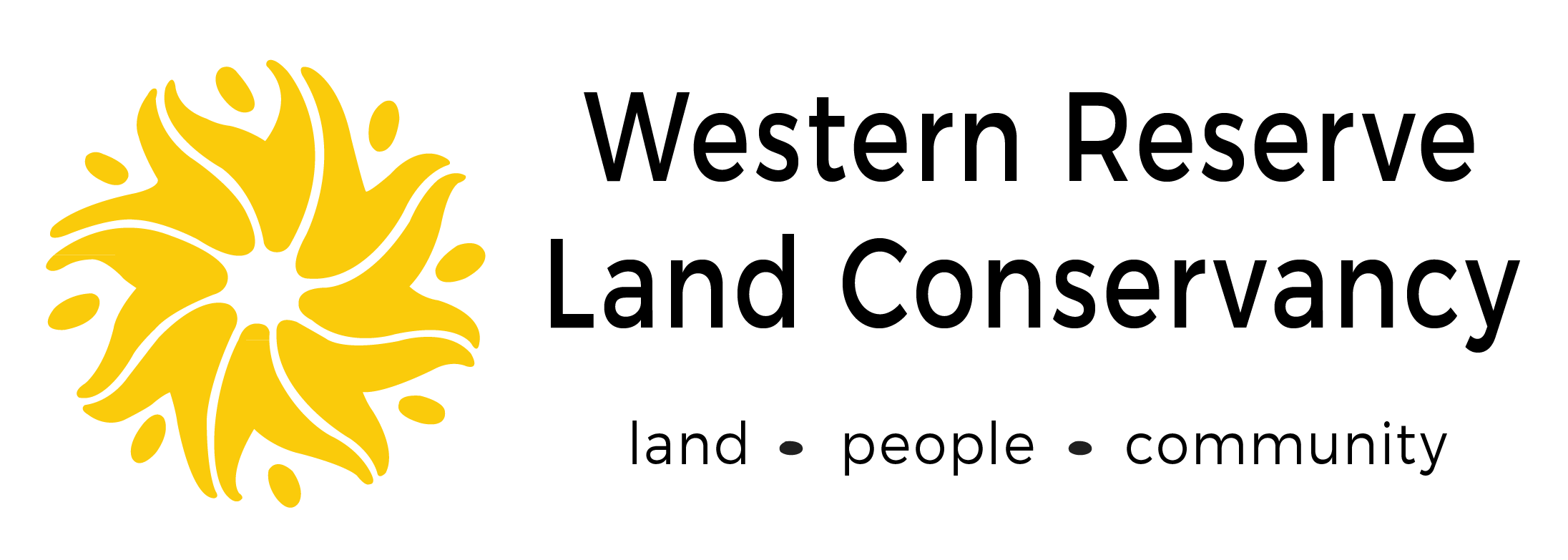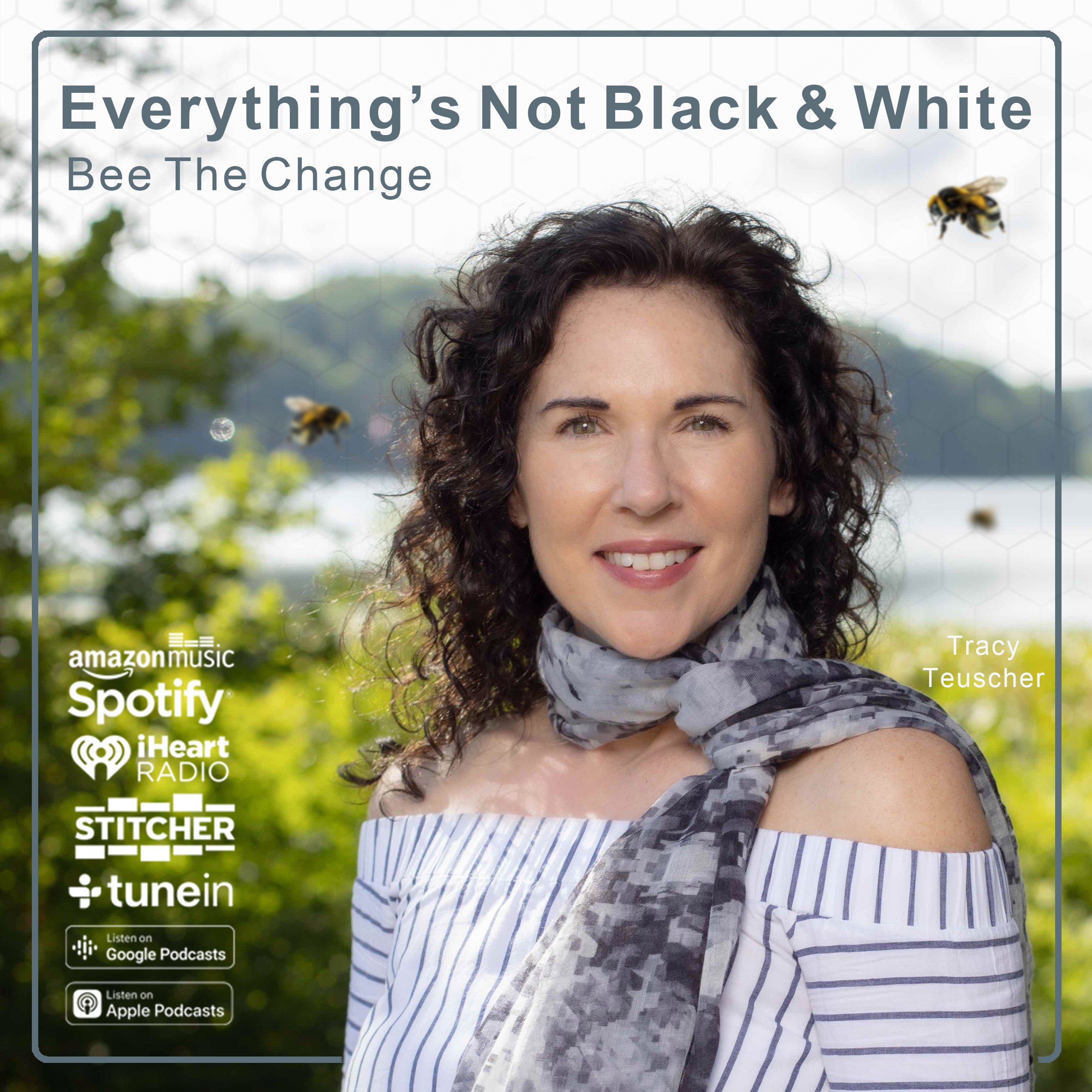Home
Save Ohio Bees™ helps protect bees, restore habitat, and fund conservation programs. Sustainable, 100% organic, T-shirts and Totes, handmade products and artwork, free guides and video resources, bee blog, special events and more. Save Ohio Bees™ events provide education and nature experiences. Learn about native bees and how to help them thrive while enjoying the natural world. Events may be in-person, virtual or nature explorations. We collaborate with conservation areas, parks and nonprofits to provide a wide array of experiences for all ages and abilities.
WElcome to save ohio bees™
Did You Know?
Hello, bee-ple! Did you know that one in four native bee species face the threat of extinction? About 40 percent of insect pollinators globally are threatened, including many native bees that are essential for US crop and wildflower pollination. The good news is that 70% of the land in the US is privately owned. We can make a difference in Ohio.
Our Mission
Our mission is to restore pollinator habitat, fund conservation, and provide educational resources and programming to the community. Our vision is to empower communities to restore native flowers and trees, and eliminate pesticide use in homes and gardens whenever possible.
Every $1,000 restores an acre with 28 species of native wildflowers.
Get free guides
Explore our curated library of FREE guides and resources for native bees, native plants, garden projects, and more.
Primary threats to Native bees
Habitat Loss
About 90% of wild prairies and grasslands have been destroyed since colonization along with 2/3 of all wildlife (Our Planet, 2019). But, 70% of the land in the U.S. is privately owned. We can plant native flowers and trees where we live, work, and play.
Pesticide Use
Over 1 billion pounds of pesticides were used in the U.S. in 2022 (Whole Foods, 2023). About 60 million pounds of that were used in homes and gardens (Xerces Society, 2023). We can eliminate pesticide use in homes and gardens, use natural deterrents, and foster natural predation that supports populations like birds and bats.
Climate change
By 2050, most of Ohio could experience an additional 2 to 3 months per year with days above 86 degrees (American Resiliency, 2022). Trees are the most efficient carbon capture systems on the planet. According to the US Forest Service, America's forests sequester over 800 million tons of carbon a year, which is roughly 12% of US annual emissions. We can steward native trees to support biodiversity, store carbon, cool the atmosphere, remove toxins, increase oxygen, and beautify our communities.
Host a pollinator party
Let’s Party, Bee-ple!
Whether it’s a birthday party, holiday party, anniversary, or shower, make it magical with our Pollinator Party program. Choose your theme, customize a pre-designed invitation, and encourage donations as a portion of gifts. We even created a Pinterest board to help you get started.
Get Our flyer
Share our newest flyer with your friends, garden club, environmental club, or party guests.
““We have now entered the world’s sixth mass extinction event, the biggest and most rapid global biodiversity crisis since a meteor ended the age of the dinosaurs.
Bumble bees are the best pollinators we have in wild landscapes. If declines continue at this pace, many of these species could vanish forever within a few decades.”
Take the No Pesticide Pledge
Pesticides are a leading threat to native bees.
Scientists supported by the US National Science Foundation have found that the decline in wild bee populations is related to pesticide use, and that wild bees have declined 43% in areas of high pesticide use (US National Science Foundation, 2024).
Reducing pesticides may help conserve essential pollinators that support the food web and interconnected ecosystems.
I pledge to eliminate pesticides in my home & garden
Get a natural, 3-ingredient recipe for a pest deterrent here.
It’s safe for your family, pets, and environment, and it works.
Educational Events
Did you know that there are nearly 500 species of native bees in Ohio?
That doesn’t include honey bees, which are not native to the US.
We offer a variety of science-based programs on native bees and other wild pollinators.
Contact us to schedule an educational event.
FREE Coloring pages
Whether you’re relaxing at home or hosting a nature-themed event, children of all ages will love these bee and butterfly coloring pages that help them appreciate pollinators. Click the button below to download the coloring page of your choice. If you would like to share photos of completed artwork for feature on our website and social channels, contact us and we’ll tell you how.
Our Beneficiary Partners
With the Pollinator Partnership, Save Ohio Bees supports development and enhancement of pollinator habitat on agricultural lands in Ohio, as well as education and training for farmers in habitat stewardship through Bee Friendly Farming. These habitats support native bees and pollinators, the sustainability of farms, and the health and resilience of regional ecosystems. As the largest pollinator nonprofit, the Pollinator Partnership mission is to promote the health of pollinators critical to food sustainability and ecosystems through conservation, education, and research.
“Everyone’s life depends on pollinator health, and everyone can play a role in protecting them. ”
Save Ohio Bees supports habitat restoration, educational programs, and community conservation programs at the Wilderness Center (TWC). TWC’s mission is to inspire and nurture a connection between people and nature through habitat conservation, environmental education, and community engagement. TWC protects more than 2,100 acres of agricultural land, forest, meadow, wetlands, and prairie across more than 22 permanently protected preserves and more than 1,300 conservation easements in seven counties. TWC’s conservation programs include a sustainable forestry program, which guides the management of 24,000 acres of privately owned forest, as well as Foxfield Preserve, Ohio’s first green burial cemetery on conserved land, and hundreds of annual environmental education programs for people of all ages.
Save Ohio Bees provides essential funds for wildflower seeds, native trees, invasive species removal, and native bee nesting places at the
63-acre Oberlin Preserve of the Western Reserve Land Conservancy. Since its initial restoration, more than 600 native wildflower plants, more than 50 native trees, and 30 acres of prairie seed have been sown.
It also has historical significance as a former stop on the Underground Railroad. WRLC is one of the largest land trusts in the nation. Formed in 2006, its mission is to provide essential natural assets through land conservation and restoration.
Our founder
Our founder, Tracy Teuscher, a certified naturalist and ecotherapist who holds an MS in Environmental Studies.
Tracy is a passionate conservation educator who helps inspire and equip others to create more sustainable and resilient communities.
In addition to providing programming for Save Ohio Bees, her presentations have been featured by the Franklin Park Conservatory and Botanical Gardens, Wilderness Center, Chef’s Garden, Stark Parks, Buckeye Valley High School, Washington High School, Ohio Kiwanis, and the international Climate & Justice Teach-in.












